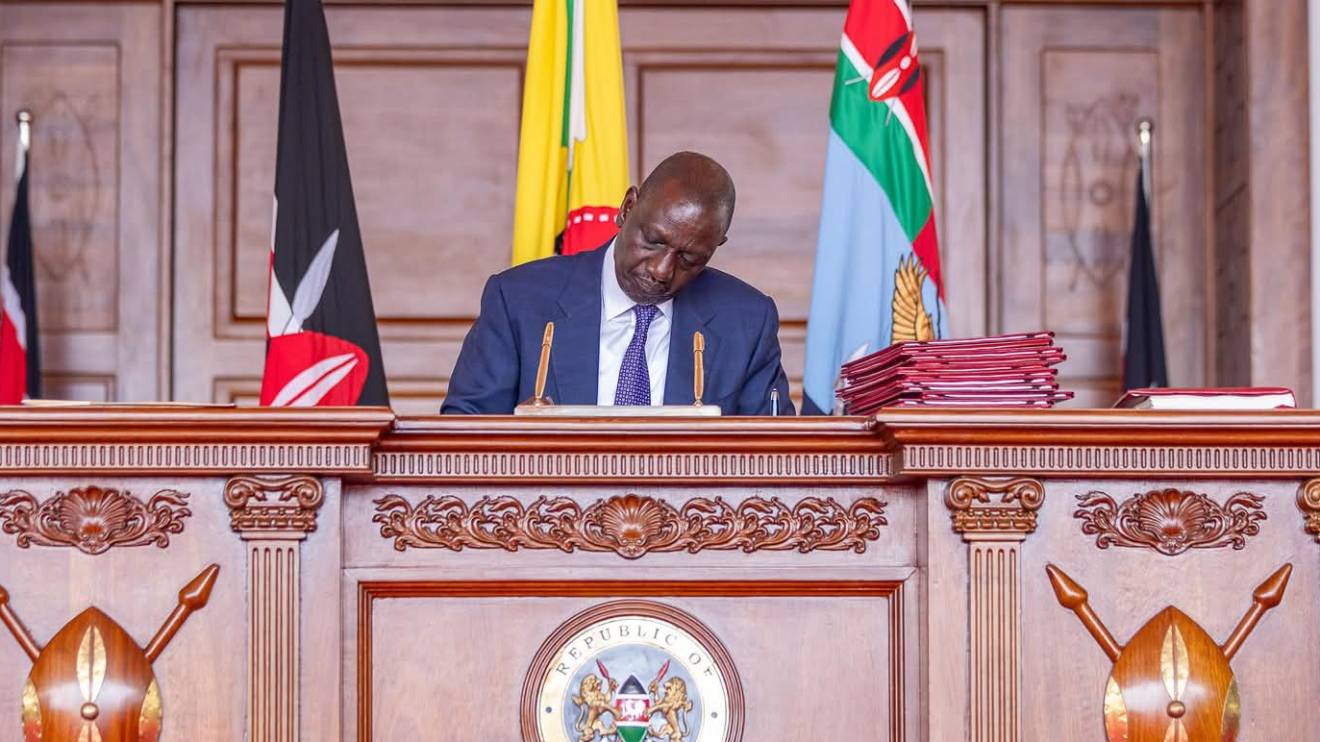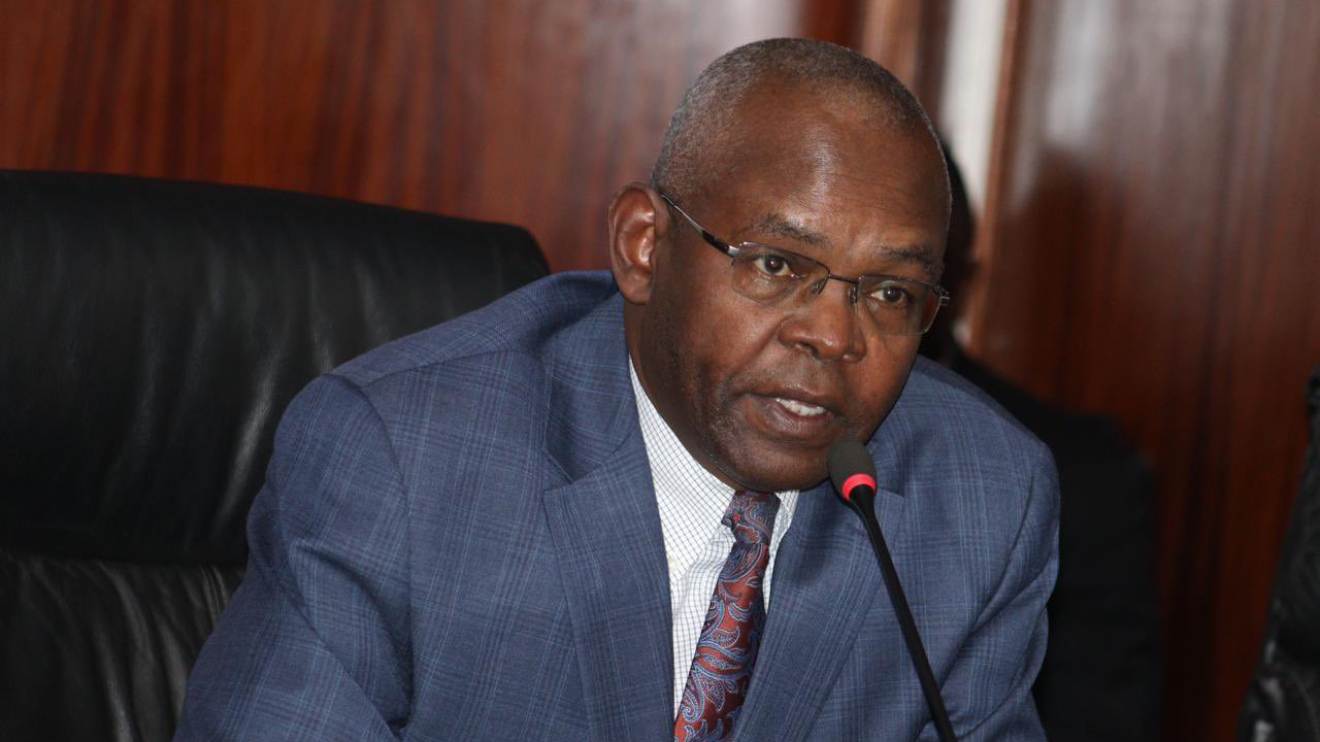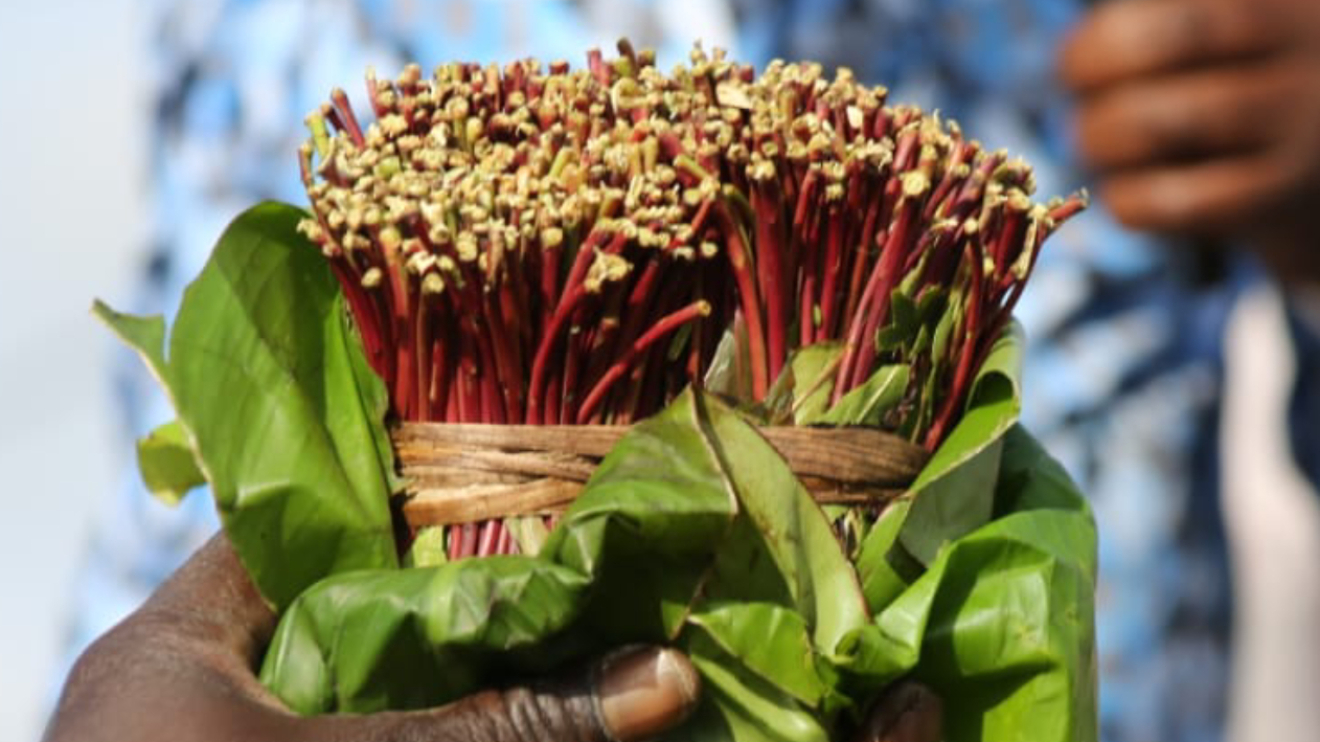Immigration and Citizen Services PS Julius Bitok has announced a groundbreaking development in Kenya's identification system, as the government prepares to invest Sh1 billion in rolling out the next generation of identity cards, named the Maisha Card.
Addressing the public on this significant transformation, Bitok emphasized that the Maisha Card represents a departure from the earlier Huduma Namba initiative.
"We have transitioned from Huduma Namba to Maisha Card. I want to point out that we will not go back to Kenyans for biometrics because we will use the existing database," Bitok stated.
The Huduma Namba, launched by the previous administration, faced legal challenges over data protection concerns, ultimately leading to its suspension by the courts.
However, under the Kenya Kwanza administration, the government is set to introduce digital IDs with added features, striving to provide citizens and residents with a secure and easily verifiable digital identifier.
Read More
This digital ID system, known as the Unique Personal Identifier (UPI), aims to revolutionize service delivery and enhance financial inclusion across the nation.
The UPI will serve as a school admission number and national examination index number.
Moreover, upon turning 18, it will double as an ID number for individuals, as well as their registration number for the National Hospital Insurance Fund (NHIF), National Social Security Fund (NSSF), and driving license.
Bitok further disclosed that the National Digital Identity Technical Committee, entrusted with the responsibility of formulating a national digital ID, has given its approval to the proposed National Digital Identifier, the Maisha Namba.
"At the end of 90 days, we will roll out activities for the implementation of Maisha Namba," he stated.
However, the full transition to the third-generation IDs is expected to take some time.
"We will take between two to three years to transition to the new number if we issue about three to four million cards annually," Bitok explained.
Importantly, those who need to replace their lost or damaged IDs will now be issued with the Maisha Card instead of the second-generation cards.
"About 1.5 million IDs are replaced annually. Those replacing their lost or damaged IDs will get Maisha Cards," Bitok explained.
This announcement came after Bitok chaired a meeting of the Principal Secretaries Sub-Committee of the National Digital Identity Technical Committee.
Under the directive of President William Ruto, the committee has been given a strict 90-day deadline to formulate a comprehensive digital ID system for Kenya, with only 20 days remaining to fulfil this mandate.
The unveiling of the Maisha Card should mark a significant step towards a more secure, efficient, and inclusive digital identity system for Kenya's citizens and residents, promising to bring a host of benefits and opportunities in its wake.

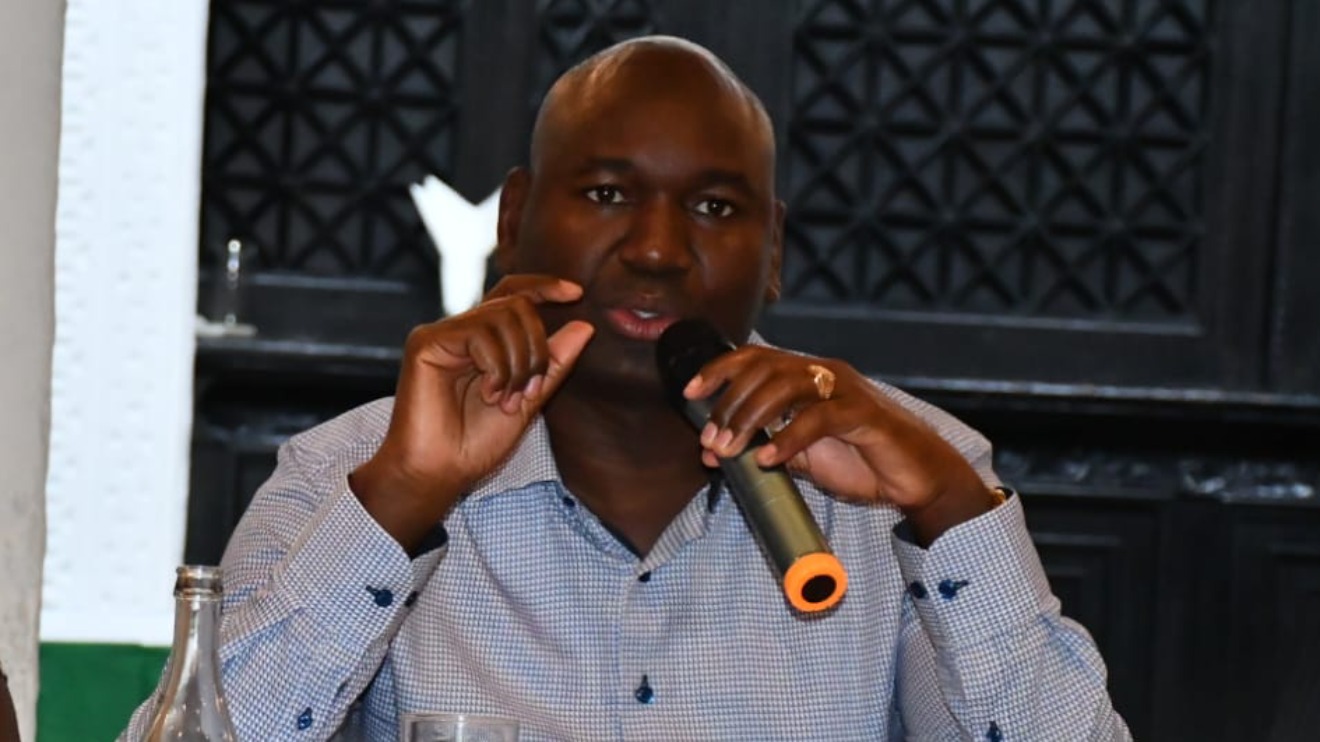
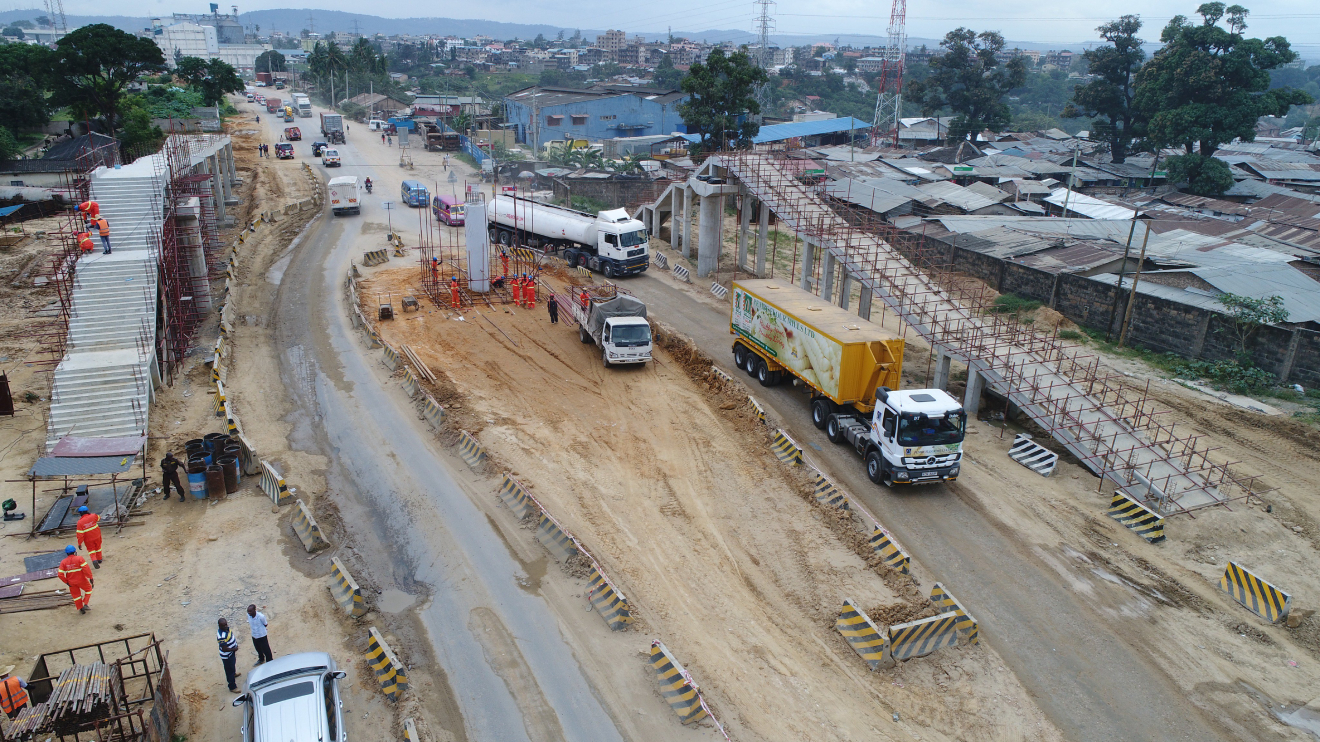
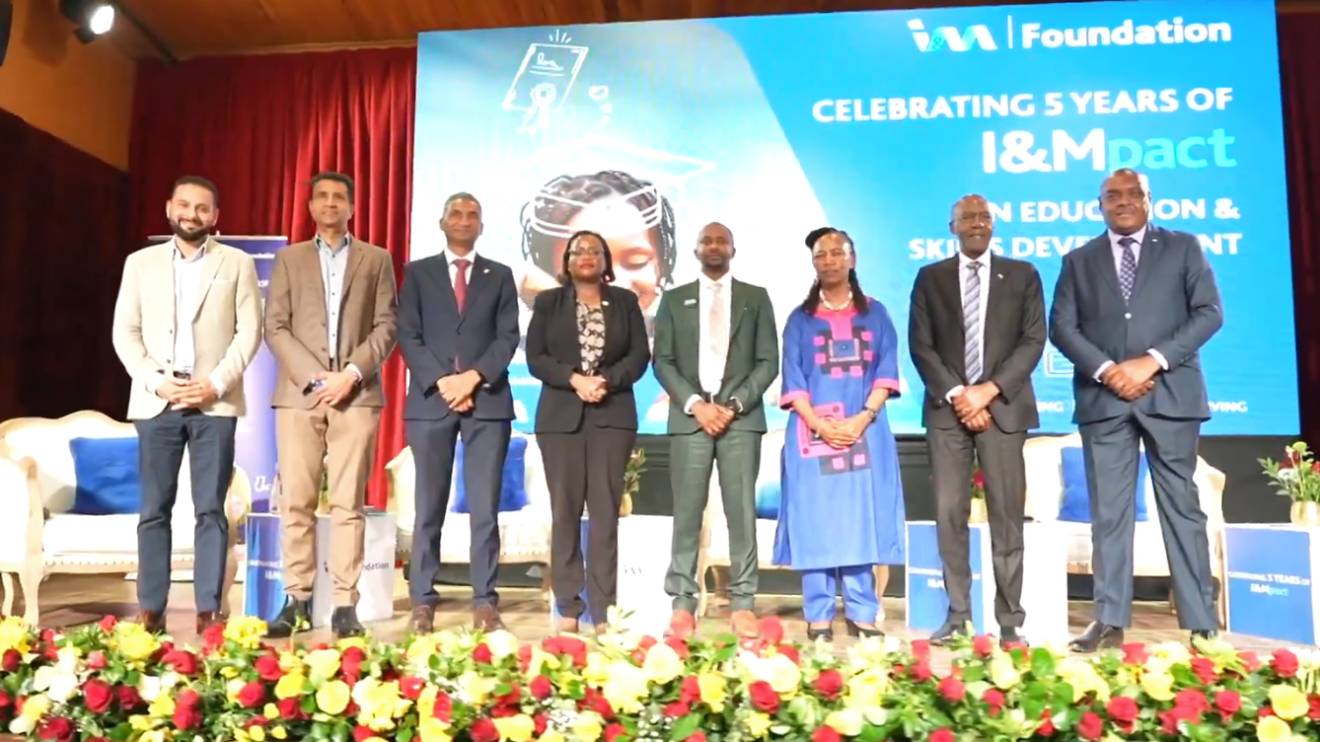


-1756319289.jpg)
